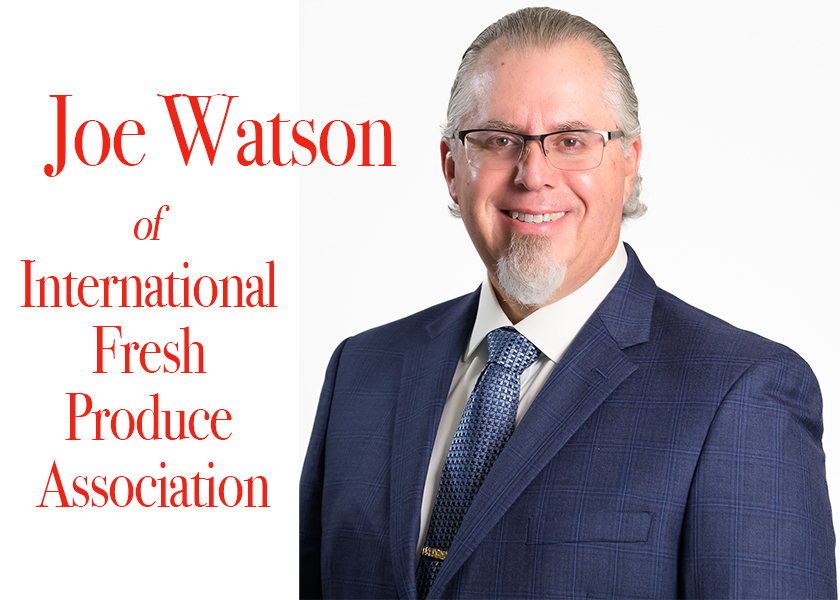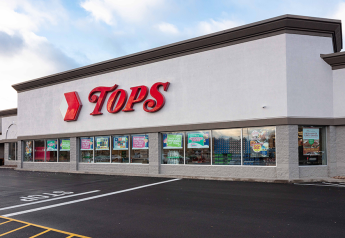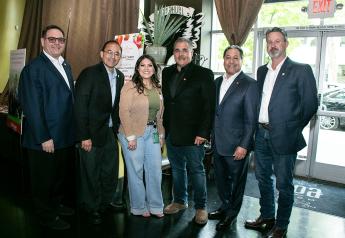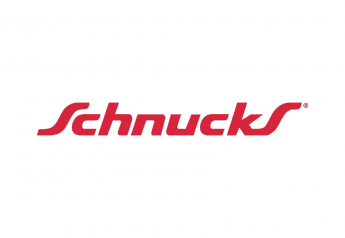Work smarter, not harder — with a purpose

Many of us (older than 50) can remember this phrase being instilled upon us in our youth: “Work smarter, not harder.”
(Editor’s note: Those of us in our 40s and 30s have heard it too.)
I remember it so very well, and I also passed it down to the teams I managed along the way. At the same time, I remember working very hard to get smarter in my work. So, the connotation was to be smart in your work so that you aren’t working so hard — or in other words, being more productive in your work by practicing good habits and efficiency.
Fast-forward two generations, and just getting people to work is the hardest thing to do, or so it seems. What motivates Generation Z is far from what motivated Generation X and, in some cases, millennials. So how did we get here? Well, it’s complicated, to say the least.
My father’s generation, which was of the Great Depression and World War II, lived through and experienced things I cannot imagine as a young baby boomer. But his experiences taught him that hard work paid off — not today, not tomorrow, but in time, with patience and persistence.
Related: Are they customers, or fans of the future?
After transitioning from cash gigs starting at 13 to working on the books in a supermarket at 16, I quickly learned that I enjoyed the work. I liked the pace and the relative comfort of working indoors, although lumping a load of watermelons in July at a supermarket wasn’t much easier than gathering hay bales in the field to bring into the barn. But I was prepared for the watermelon experience because of the hay-hauling I had done for a few years before. It was hard but satisfying.
The crew even made it a competition of who could unload the fastest without causing damage to the watermelons. It was a serious thing to us, and while it was work, we were learning ways to improve the process.
One simple improvement was switching from marking the watermelons with a grease pencil to using a Monarch 870 label gun. It was faster and cleaner for us and the customer. We did this as teenagers, not managers who led teams of people. We saw a need and showed management this improvement made a difference.
It was likely my first experience of bringing change in the workplace.
Although the experience I just mentioned was 40-plus years ago, nothing has changed in that learning how to work smartly is not as hard as trying to not work, while at work. Yet, we see it every day in all types of businesses. Whenever I see this, my first thought is: Where has the work ethic gone today?
But work ethic hasn’t gone anywhere. It’s just up on a shelf, not being used by throngs of people in the workplace. It’s been replaced by a purpose-driven workforce.
Purposeful work
Forty years ago when I entered the workforce, my main objective was to earn money, and as much as I could. I didn’t consider the purpose of my work, although I knew we were providing fresh, healthy food to our customers and their families. But I did not see it as some world-saving effort on my part.
Today’s generations have a much keener awareness of their purpose and what is important to them, even more than earning a paycheck. They want to know how they are impacting the world through their work and if their employer is aligned with their values.
Recruitment and retention strategies for employers must consider these facts if they want to have a workforce that truly believes in the work they do. These prospective employees want something meaningful, valuable and world-changing, at least from their perspective. And companies are learning how to adapt to these trends, while others are simply implementing more technology to replace jobs wherever it’s possible.
I’ve heard predictions that about 70% of the available jobs in 2030 have not even been created yet. In seven years, we can expect an overwhelming change in the workforce: how they identify with their work, the kind of work they do and why they do it.
Ready or not, working harder just became smarter with purpose.







